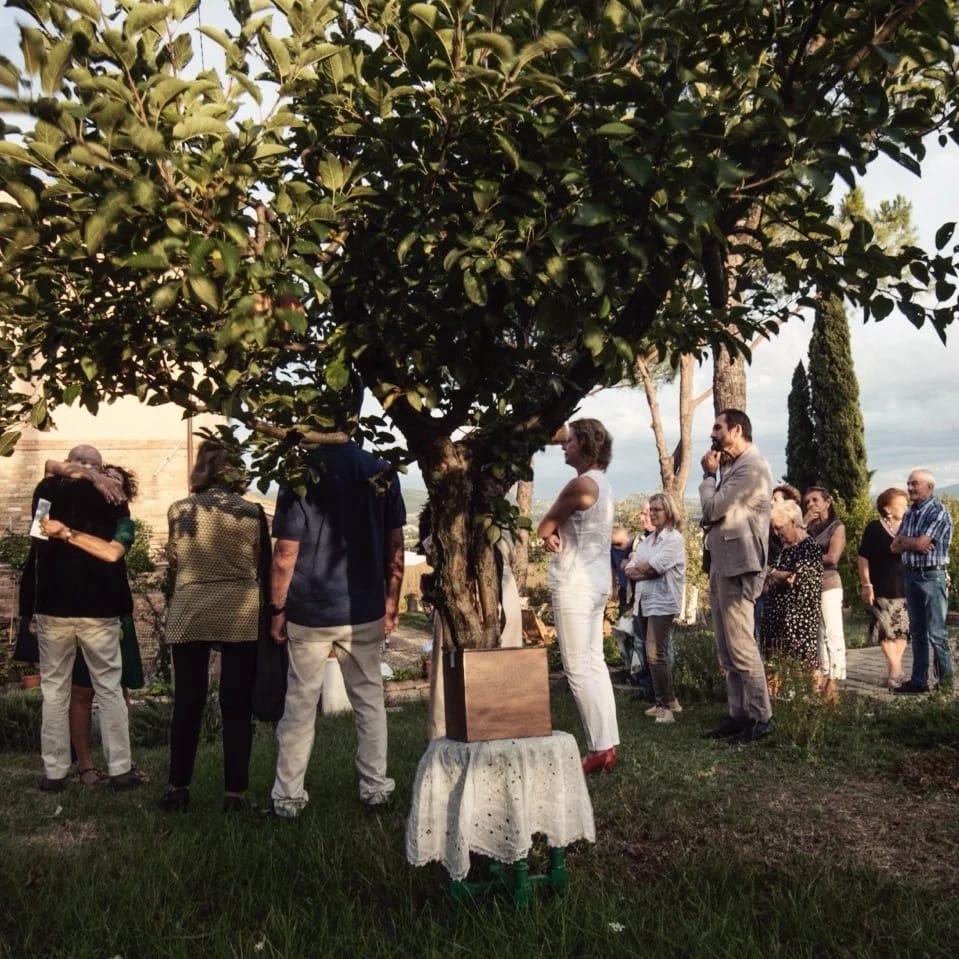Green burials: new techniques for an environmentally sustainable future
Green burial: a funeral option that aims to reduce the environmental impact caused by burial. It is a solution that uses natural and biodegradable methods and materials. It is an environmentally friendly choice that has become increasingly popular abroad.




